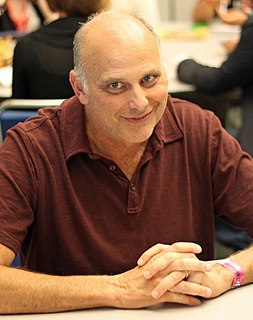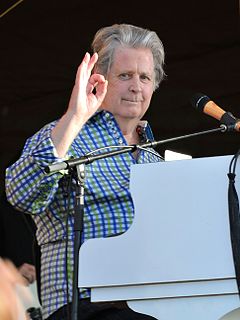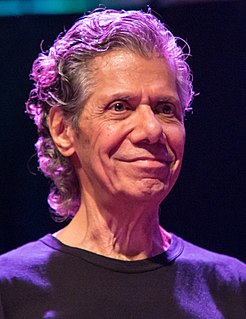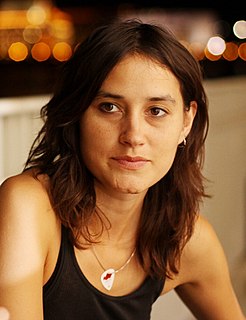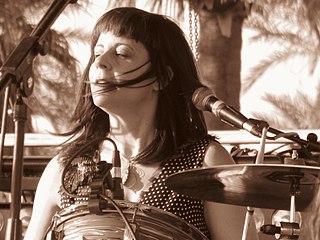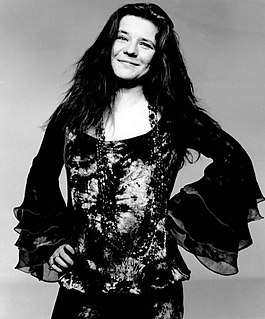A Quote by Bill Crow
My reading was good enough to play big-band charts, but I ran into trouble with Claude (Thornhill)'s theme song "Snowfall," which had a repeating bass line in D-flat that was very difficult for me to finger using my self-taught technique. I spent one morning figuring out an alternate fingering, and that started me on the way to learning a better use of the fingerboard.
Related Quotes
I started playing bass in my friend's band for some reason. It was just something I did because, well, he asked me if I wanted to play bass and he played me this song - Nirvana's version of "Molly's Lips", the Vaselines song - and he said, "You can do this! This is not hard!" and it's like a two-note song. I learned that and then I thought I was a genius.
When I was about 15 I had already been recording on my four track in my room, but I couldn't find anyone in my town to be in a band with me. I was in a band very briefly with a bunch of guys and they kicked me out because they wanted to play grindcore. I think they didn't think I could tread hard enough or something. So I started playing solo.
My dad was all about music. He was a musician, leading a band when I was born. His band was active all through the 40s. He'd started it in the late 20s and 30s. According to the scrapbook, his band was doing quite well around the Boston area. During the Depression they were on radio. It was a jazz-oriented band. He was a trumpet player, and he wrote and arranged for the band. He taught me how to play the piano and read music, and taught me what he knew of standard tunes and so forth. It was a fantastic way to come up in music.
Instead of thinking in terms of chords, I think of voice-leading; that is, melody line and bass line, and where the bass line goes. If you do that, you'll have the right chord. [These voices] will give you some alternatives, and you can play those different alternatives to hear which one suits your ear. Keep the bass line moving so you don't stay in one spot: if you have an interesting bass line and you roll it against the melody, the chords are going to come out right.
I think the most note-worthy part is that Stella [Mozgawa] had joined the band two weeks before we started recording, so that really influenced the way that the album was recorded. It was really important for Stella and Jen[ny Lee Lindberg] to lay down the drums and bass first for most songs, because they were determining how they needed to lock in together, and Stella was still kind of learning and figuring out her parts.
My parents read to me a lot as a kid, and I started writing very early, probably spurred on by Aesop's fables. Then they gave me The Lord of the Rings way too early for me to fully understand what I was reading, which was actually kind of cool. It was almost better - comprehension's overrated when you're reading.
Nobody taught me to play bottleneck. I just saw it and taught myself. I got an old bottle and steamed the label off, put it on the wrong finger, I basically did everything wrong until I met some of the Blues legends early in my career who taught me another way. I didn't have anyone to tell me women didn't play bottleneck.
All my life I just wanted to be a beatnik. Meet all the heavies, get stoned, get laid, have a good time. That's all I ever wanted. Except I knew I had a good voice and I could always get a couple of beers off of it. All of a sudden someone threw me in this rock 'n' roll band. They threw these musicians at me, man, and the sound was coming from behind. The bass was charging me. And I decided then and there that that was it. I never wanted to do anything else. It was better than it had been with any man, you know. Maybe that's the trouble.




